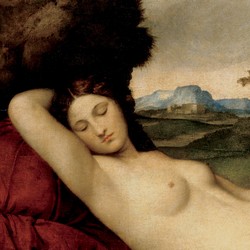
The letter D of my Liederabend's alphabet was for Dichterliebe and cycles, in general. I talked about how difficult is to define a cycle and gave some examples; today I'm expanding on my collection of complicated stories with the strange case of the cycle composed as a cycle, premiered as a cycle and vanished as such for fifty years.
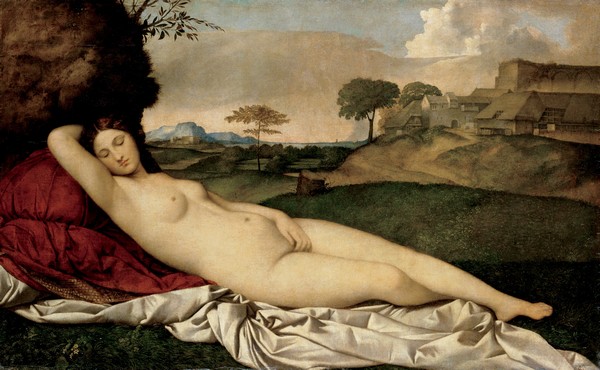
The letter D of my Liederabend's alphabet was for Dichterliebe and cycles, in general. I talked about how difficult is to define a cycle and gave some examples; today I'm expanding on my collection of complicated stories with the strange case of the cycle composed as a cycle, premiered as a cycle and vanished as such for fifty years.
In December 1904, Songs of Travel by Ralph Vaughan Williams was premiered in London. The program specified that this cycle would be performed in continuity, whereas no comment was made about the other cycle which was also premiered that day, The House of Life. The composer’s fellow colleagues loved Songs of Travel and reviews were good, but Boosey & Co didn't consider convenient to publish the whole work and published only three songs: The Vagabond, the first one; The Roadside Fire, the third one, and Bright is the Ring of Words, the eighth one; Those three most appealing, according to their criteria. This was in 1905 and two years later, given the collection good sales, they were reprinted. That same 1907, they published four more songs of the cycle, most intimate and spiritual: Let Beauty Awake, the second one; Youth and Love, the fourth one; In Dreams, the fifth one, and The Infinite Shining Heavens, the sixth one, that also were soon reprinted. The seventh song, Whither Must I Wander, had been published in 1902 in a music magazine and Boosey & Co didn't publish it until 1912, also alone.
The beginning of the 20th century was still the parlour songs time, and such new songs from that promising young man weren't too commercial, this could explain the strange way the cycle was published, but decades passed and still was said that Ralph Vaughan Williams, the highly respected composer, had composed two collections and a song from the Songs of Travel and other Verses by Robert Louis Stevenson. If I'm not wrong, the whole cycle wasn't performed again; just some songs, mainly the three of the first collection and Whither Must I Wander. When Vaughan Williams turned eighty, a biography was published which included a list of his works; while reading it, the composer realized that Songs of Travel appeared as three different pieces of work and wrote to the author to explain to him that those eight songs formed a cycle and that the order in which they had been published wasn't correct, adding that he didn't know if it was worth doing anything about it.
Ralph Vaughan Williams died in 1958. While revising his papers, the ice on the cake of this story was found: the ninth song from Songs of Travel, I had Trod the Upward and the Downward Slope. Her widow knew that the piece existed but thought it was lost. There was a note on the score, that indicated that the piece was the epilogue of the cycle and should not be interpreted alone. That is to say, once again and posthumously, the composer stated that Walter Scott's songs were a cycle. Finally, in 1960, the nine songs were published together and in the correct order, and that same year the first recording was made.
From our comfortable position in the 21st century, there is little doubt that Songs of Travel is a cycle; in fact, with a very classical structure: it's a wayfarer cycle. It doesn't have the tragic dimension of Die schöne Müllerin or Winterreise, but the resemblance is quite obvious. In the first song, The Vagabond, which is also the first poem in the book (subtitled "To an air of Schubert"), a man begins his way with a clear declaration of intentions: "All I seek, the heaven above | And the road below me". From here on, we will share with him his joys and sorrows until his farewell at the epilogue.
A year ago, we listened to The Infinite Shining Heavens, the sixth song and the sixth poem in this collection; Today, we're listening to Let Beauty Awake, the second song and the ninth poem. Both gorgeous, both intimate, they were relegated by the publishers, as we've seen before, to the second collection. The two stanzas of Let Beauty Awake describe the amazement of the wayfarer when gazing the beauty of nature; at dawn in the first verse, at dusk in the second one. It seems as if he was aware of it for the first time; might he has just fallen in love and sees everything with new eyes? The song is somehow romantic, the poet’s emotions is reflected in the wide phrases of the singer, who seems to flow over the piano's arpeggios; the two verses are very similar, the dynamics of the voice hardly change (forte at the first verse, piano at the second one) and the development of the arpeggios. If, like me, you feel that the song is never ending, just remember that we're listening to a song cycle and there might be some kind of continuity... So listen to Let Beauty Awake performed by Gerald Finley and Stephen Ralls and who knows, maybe then, you'll feel like listening to the following song...
Let Beauty awake in the morn from beautiful dreams,
Beauty awake from rest!
Let Beauty awake
For Beauty’s sake
In the hour when the birds awake in the brake
And the stars are bright in the west!
Let Beauty awake in the eve from the slumber of day,
Awake in the crimson eve!
In the day’s dusk end
When the shades ascend,
Let her wake to the kiss of a tender friend,
To render again and receive!


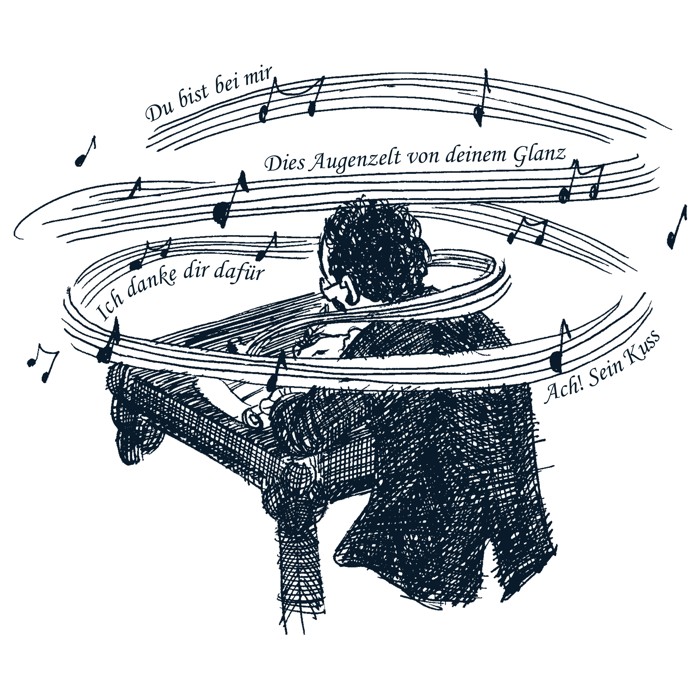

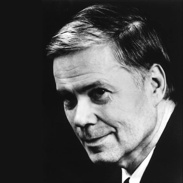


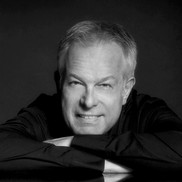
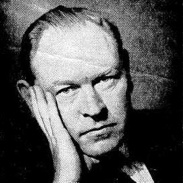

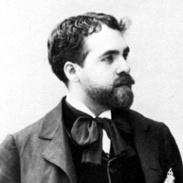
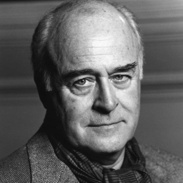







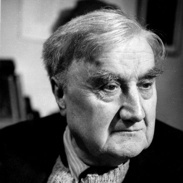
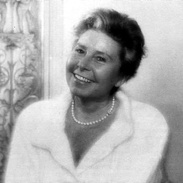


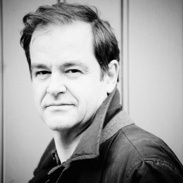

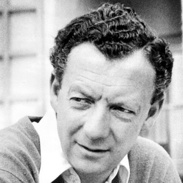
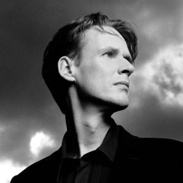

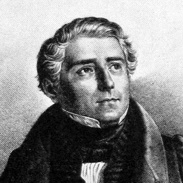
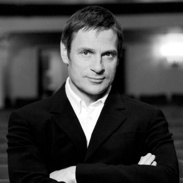
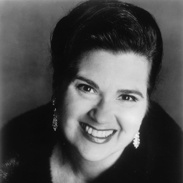
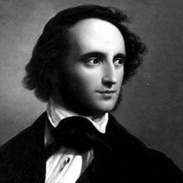
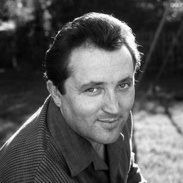
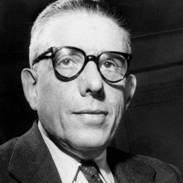
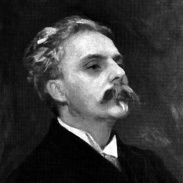
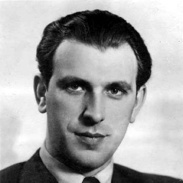
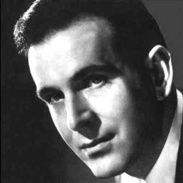
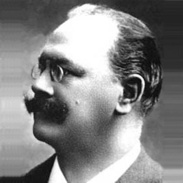
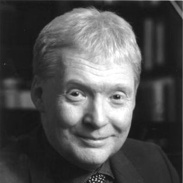
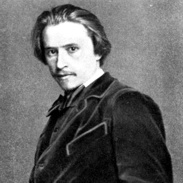
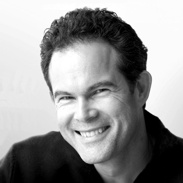

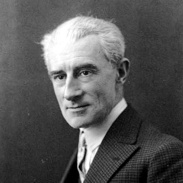

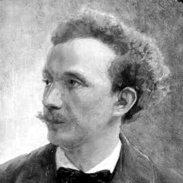
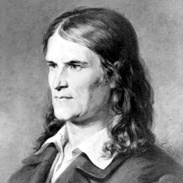


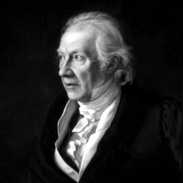






Comments powered by CComment